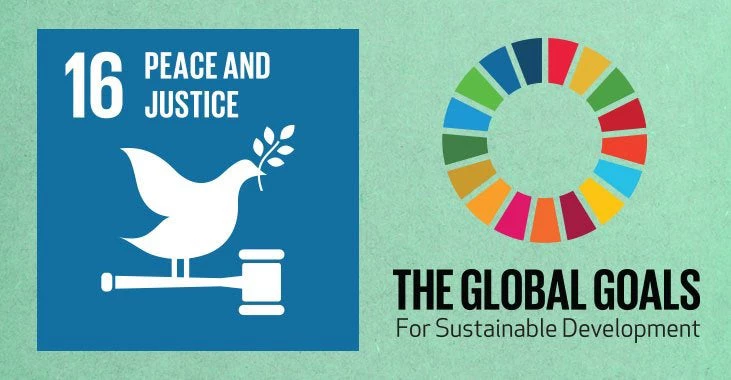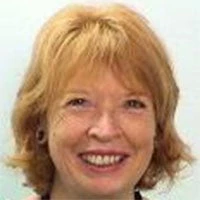
Hosted recently in Nairobi by the World Bank’s Fragility, Conflict and Violence Group, it was the first time that 17 out of 20 g7+ members were present, including senior officials from the National Statistics Offices and others. West African countries were particularly well represented. Their discussions were passionate: “We were mere spectators to the Millennium Development Goals. Now we want to actively push our specific challenges to the center of SDGs implementation,” said one. “Our motto is that no one is left behind,” said another.
The group had learned from implementing and monitoring the Millennium Development Goals (MDGs), when many were indeed left behind. In their view, lack of recognition of peace and statebuilding was the underlying reason why the #MDGs were not transformative . Country level stewardship and leadership were also critical, but many were not able to bring the MDGs into national contexts. Most of the MDGs were either unreported or under-reported due to lack of data. Even when countries emerging from conflict and fragility made progress, this was not recorded. The majority of g7+ members lacked sufficient data on extreme poverty or employment to be able to make an assessment of progress.
Over the last five years, the g7+ had worked collectively so that they were not “beggars for ODA (official development assistance).” Member countries support each other (Fragile2Fragile initiative); they focus on what can work for them (private sector, job creation, domestic resource mobilization) and seek the support of international partners by taking action to address their own challenges.
The proposal to jointly monitor select SDG indicators was born out of these experiences. Although each country will develop its own strategy for SDG implementation, joint monitoring would provide a tool to call the world’s attention to their fragile situations in the coming fifteen years.

by the World Bank’s Fragility, Conflict and Violence Group
Throughout the formulation process of the SDGs, the g7+ had advocated for a specific goal on peace and security , and they are proud of their success. Now, there is a sense of responsibility within the group to be at the forefront of moving Goal 16 from rhetoric to reality.
How can the #SDGs add value to countries going through cycles of crisis? g7+ members are very clear on the link between the global framework and crisis situations at the country level - and their own role.
What emerged from their discussions is the conviction that unless they put their collective efforts into “pulling” the SDGs and especially Goal 16 to the country level and demonstrate the foundational value of peace and stability to development, they risk another miss, like their experience with the MDGs.
With limited statistical capacity, the group is discussing with the World Bank how they can work together to implement their plan to monitor the selected indicators. In Nairobi, they took a step towards developing a monitoring platform to advocate for the SDGs to work for them.
Related:
Tackling fragility, conflict and violence at the World Bank Group
Join a conversation on development solutions for peaceful and inclusive societies


Join the Conversation